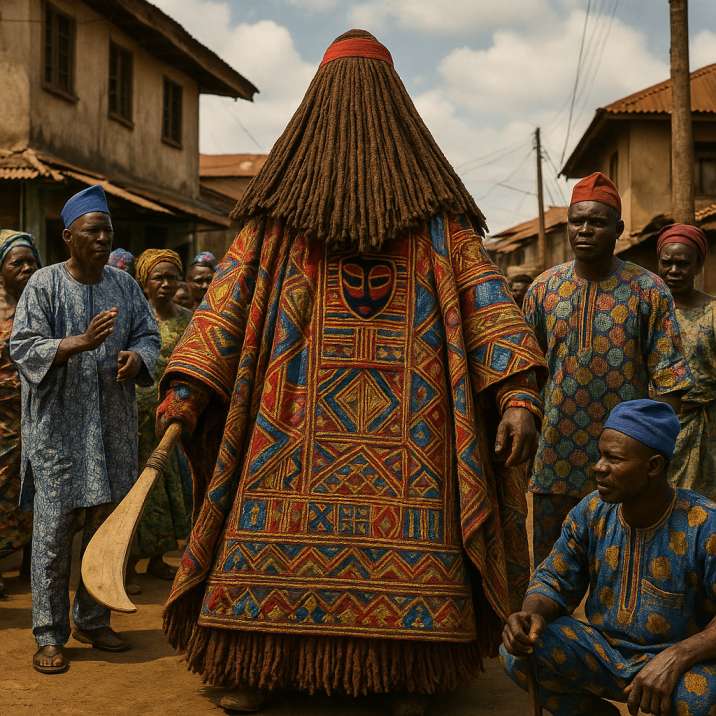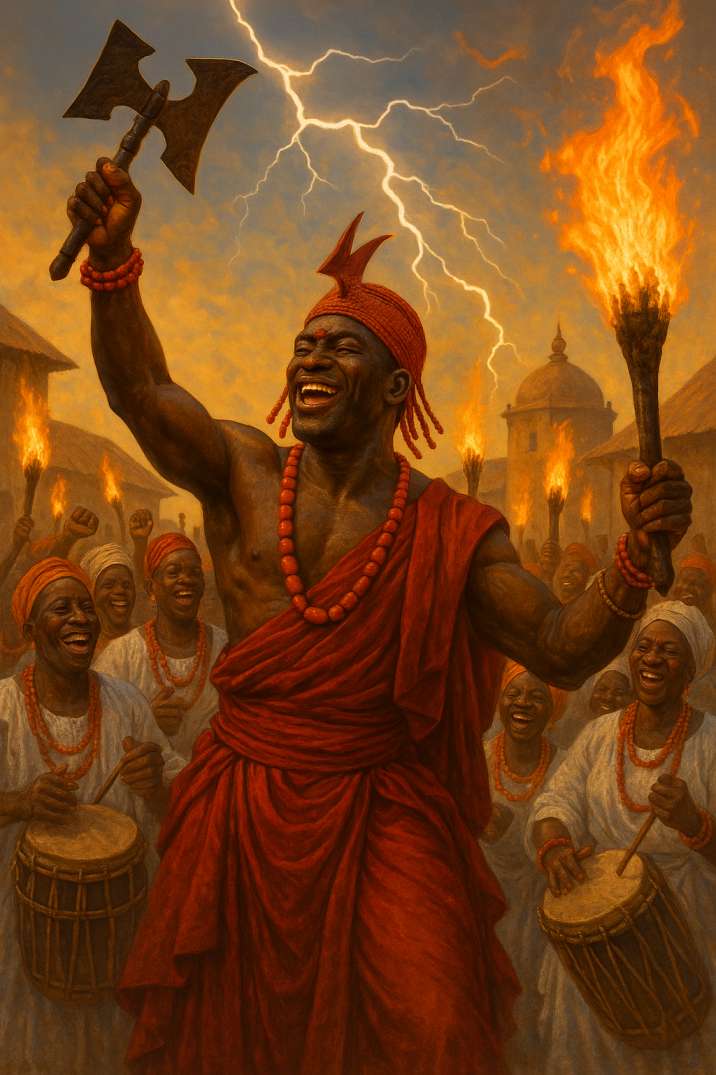The Fulani people, also known as Fulbe or Peul, are a widely dispersed ethnic group primarily found across West and Central Africa. Their traditional wedding ceremonies are vibrant, ceremonial, and deeply rooted in cultural practices that reflect their values and heritage. These ceremonies emphasize the importance of family, community, and kinship.
The wedding journey often begins with a courtship process that is conducted with great respect and consideration. Traditionally, the groom’s family approaches the bride’s family to express interest in marriage. This initial meeting is crucial as it lays the foundation for negotiations that follow. Throughout this period, families discuss various aspects, including the compatibility of the couple and their families.
A critical component of the Fulani wedding is the negotiation of the dowry, known as “maher.” The maher serves as a commitment from the groom to the bride and her family, symbolizing respect and value for the bride. This negotiation is typically a delicate affair, varying based on the families’ social statuses and economic conditions. The dowry can include livestock, money, or valuable goods, and it is often seen as a reflection of the groom’s family’s status and commitment.
As the wedding date approaches, the bride’s family engages in elaborate preparations. This involves planning the venue, food, and traditional attire. The bride often wears stunning attire made from colourful fabrics, adorned with intricate jewelry and henna designs. Preparations are a communal effort, with relatives and friends contributing their time and resources to ensure the event is memorable.
On the wedding day, the atmosphere is filled with anticipation and joy. The ceremony, known as “Walimah,” typically begins with prayers and blessings from elders. The ceremony is characterized by vibrant colours, especially in traditional attire. Brides often wear beautifully embroidered gowns and intricate jewelry, while grooms wear elegant robes. Decorations may include colourful fabrics, traditional mats, and elaborate adornments that enhance the visual appeal of the event. The bride, dressed in her breathtaking outfit, is often escorted to the venue amidst singing and drumming, reflecting the community’s support. The ceremony usually includes the reading of the marriage contract, which outlines the rights and responsibilities of both husband and wife. Community members play a vital role, as it is customary for friends and family to participate in dances that showcase Fulani culture. Traditional Fulani music fills the air, live performances featuring traditional instruments such as the hoddu (a stringed instrument) and the calabash drum create a festive atmosphere. Songs celebrating love and community are sung, accompanied by lively dances that involve family members and friends. The celebration is marked by feasting which includes dishes like jollof rice, suya (spicy meat skewer), and various stew, showcasing an array of traditional dishes that highlight the rich culinary culture of the Fulanis.
After the formal wedding rituals, the festivities continue for several days. These post-wedding gatherings allow extended family members, friends, and well-wishers to visit the newlyweds, offering gifts and blessings. This phase is marked by communal feasting, storytelling, and the sharing of wisdom about married life.
While modernization and external influences can enrich Fulani wedding ceremonies through new ideas and resources, they can also pose challenges to the preservation of traditional practices and cultural identity causing cultural exchange, access to diverse cultural practices, religious influence, and dynamic changes which can alter the authenticity of traditional practices.
In conclusion, The Fulani wedding ceremony is deeply rooted in cultural values, emphasizing family, community, and continuity. Through courtship, dowry negotiations, vibrant ceremonies, and jubilant celebrations, it celebrates not just the union of two people, but the strengthening of communal ties that are fundamental to Fulani identity. Traditional norms and practices surrounding marriage play a pivotal role in preserving cultural heritage, ensuring that the customs and narratives of the Fulani people are passed down through generations. Preserving the cultural heritage of Fulani weddings is essential for maintaining identity, fostering social cohesion, promoting diversity, and adapting to change while honouring traditions. It ensures that future generations inherit a rich cultural legacy.
Written By : Adedotun Fasade



